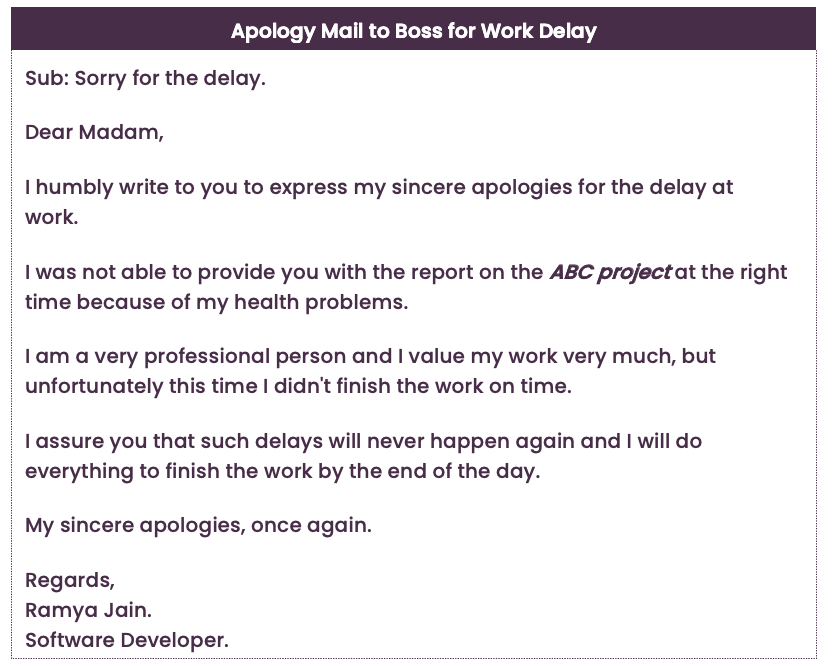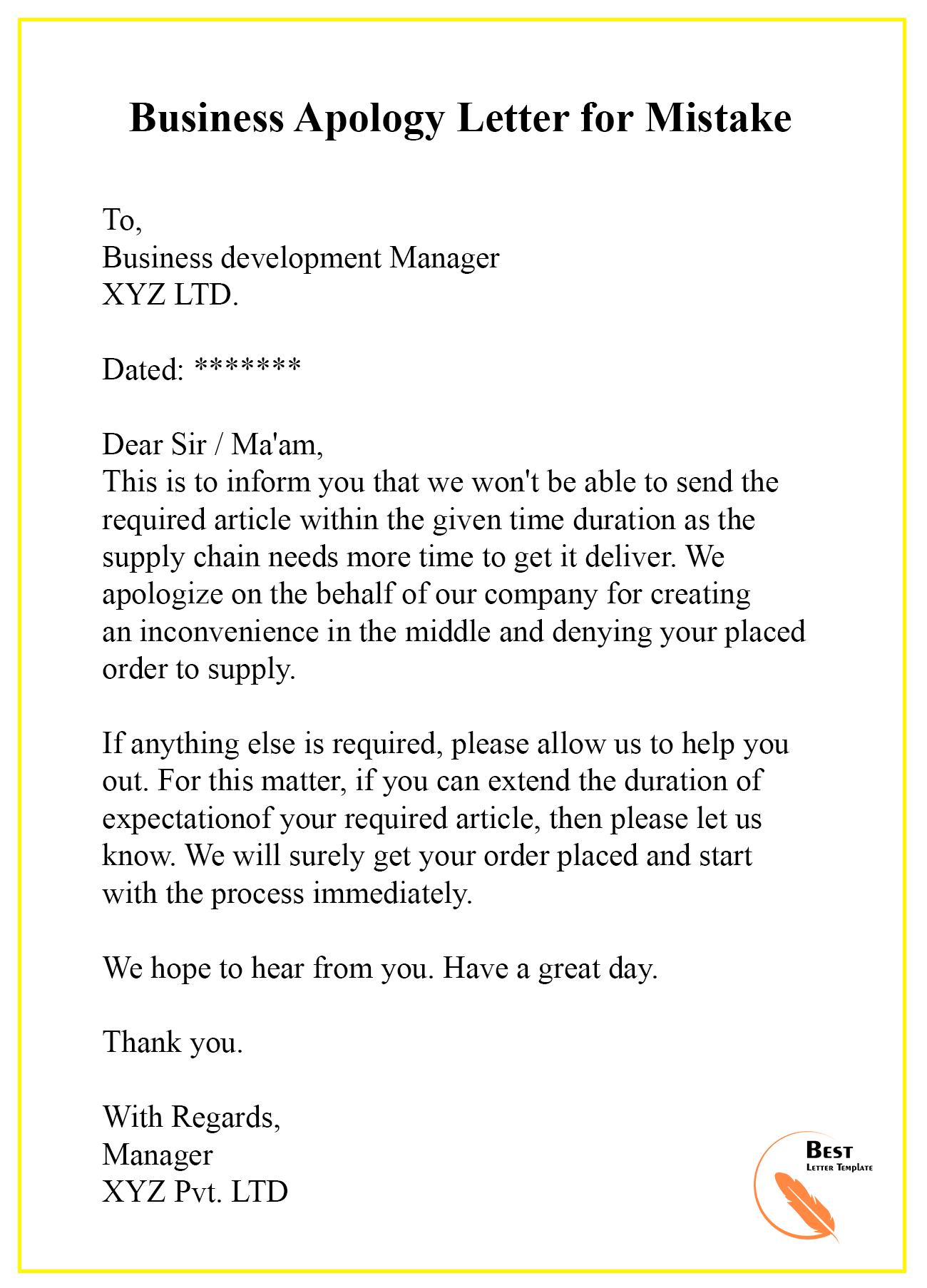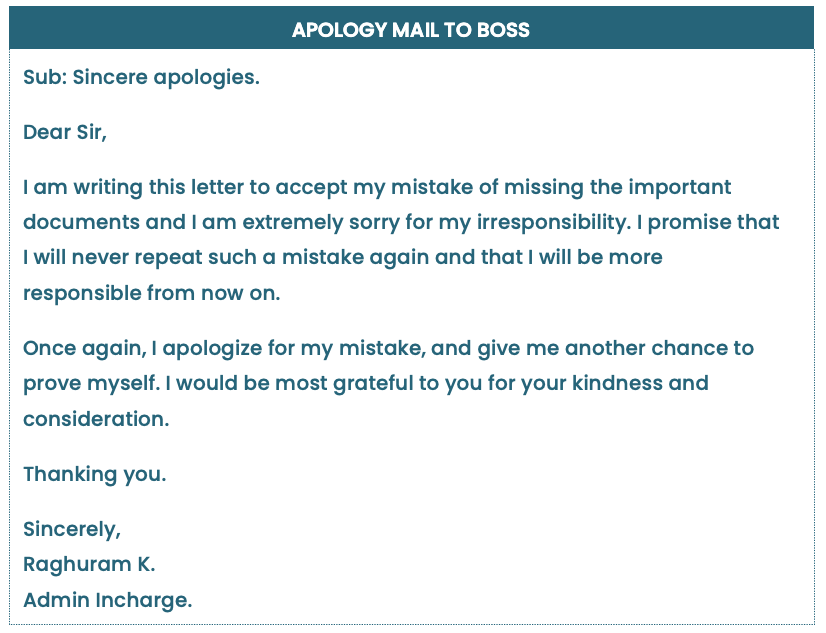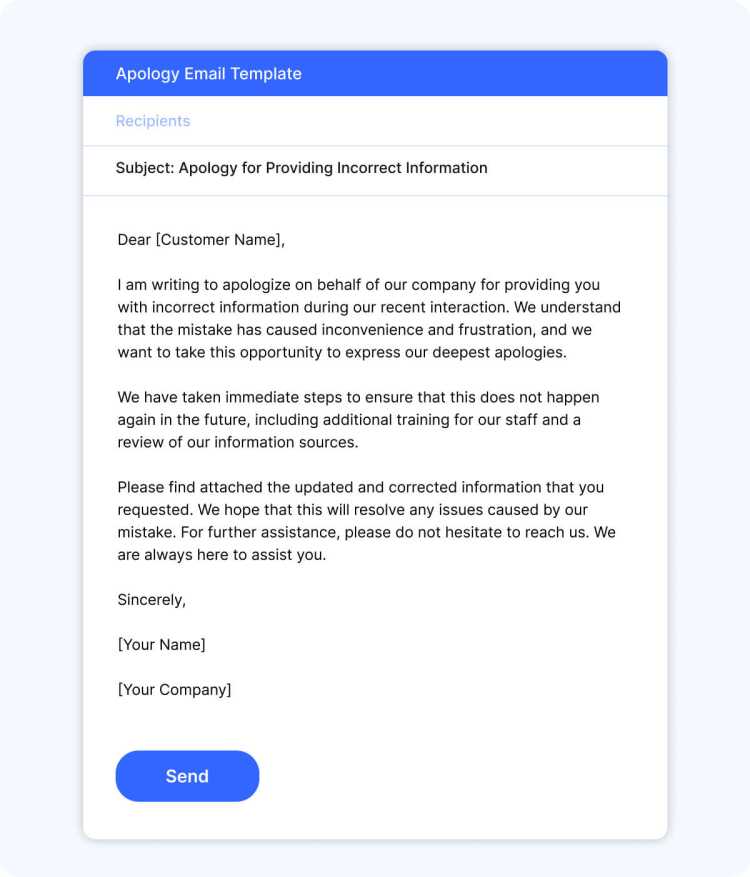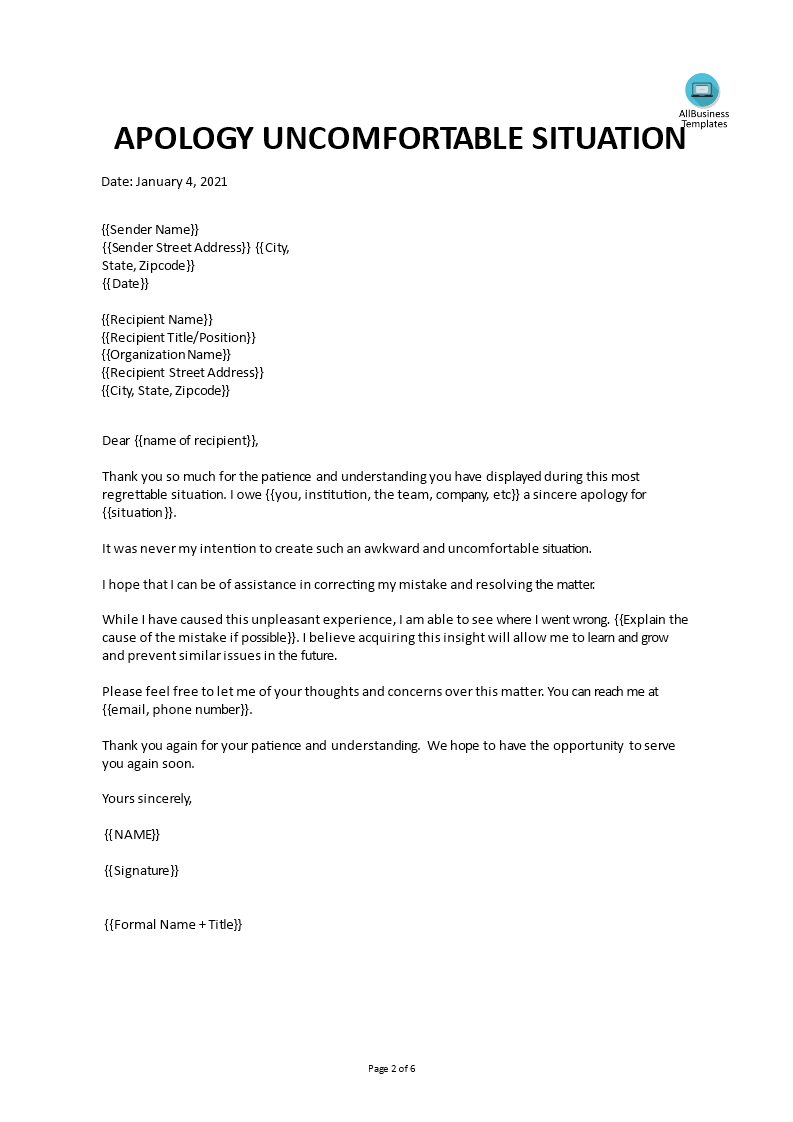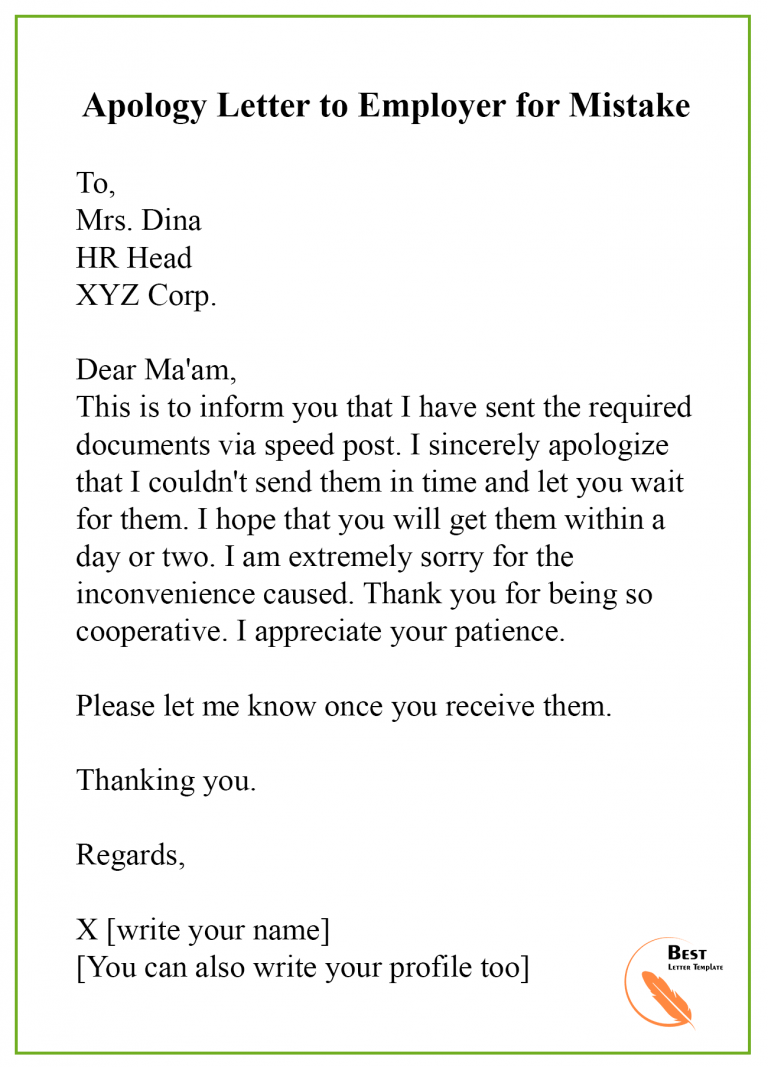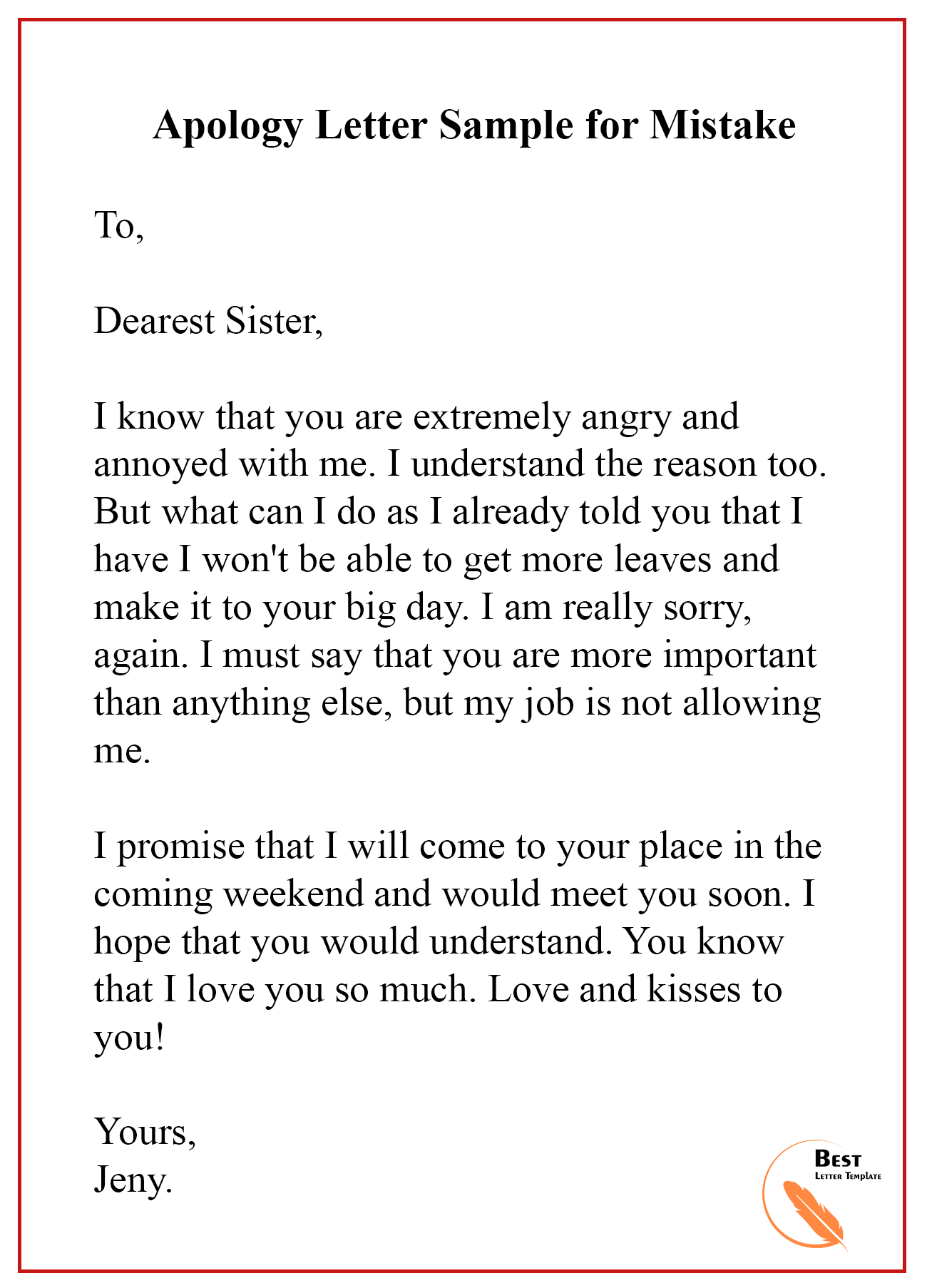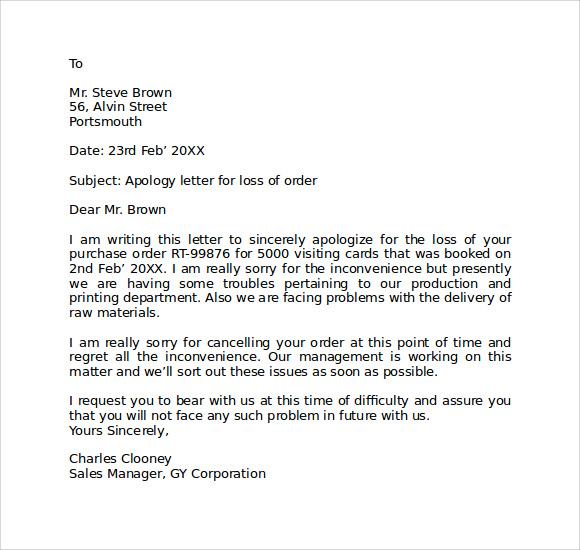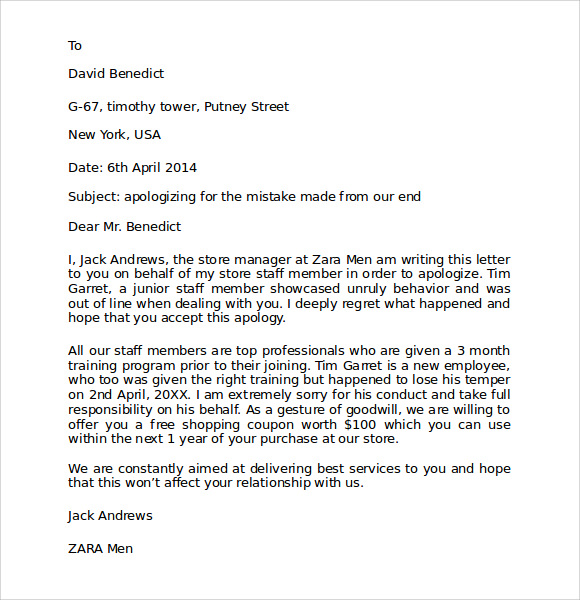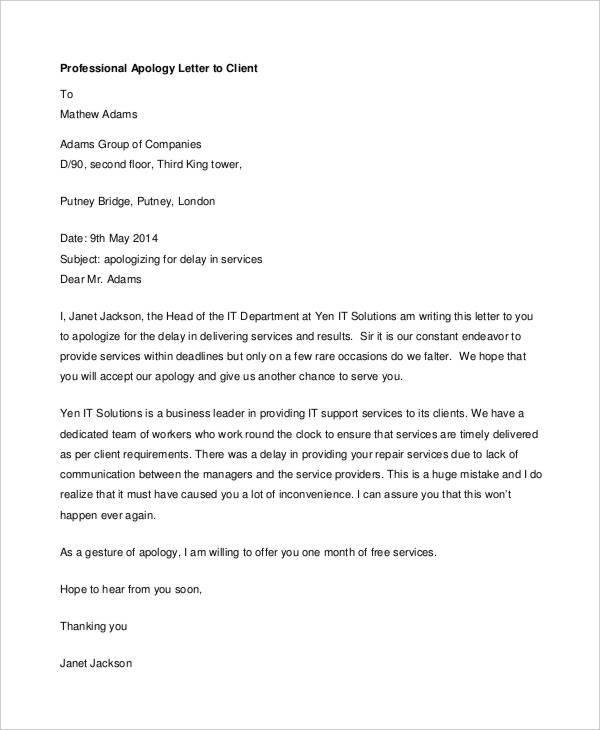How To Apologize For A Mistake Professionally Email
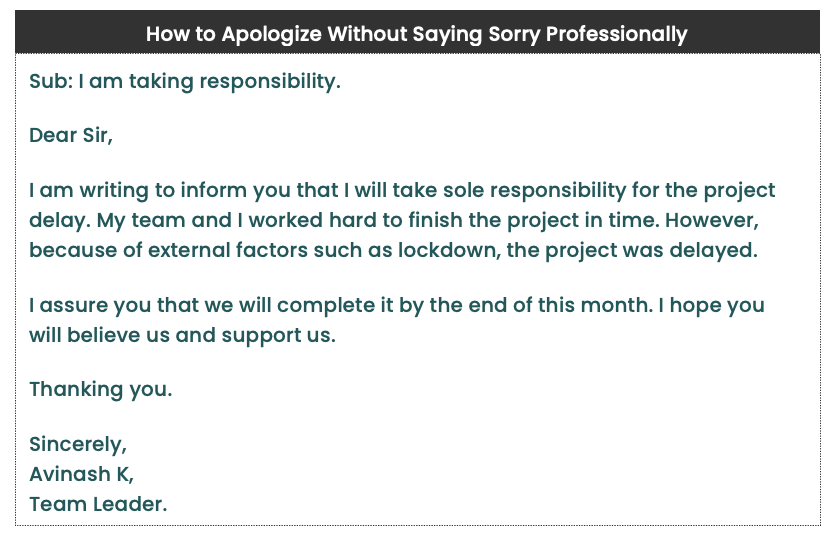
The aroma of burnt coffee hung heavy in the air, a stark metaphor for the email Sarah had just sent. A crucial miscommunication, a deadline missed, and now, the weight of professional regret settled upon her shoulders. She stared at the blinking cursor, the blank email mocking her inability to find the right words to mend the situation.
Crafting a sincere and effective apology email is a crucial skill in the modern workplace. It's more than just saying "sorry"; it's about acknowledging your mistake, taking responsibility, and outlining steps to rectify the situation, ultimately rebuilding trust and maintaining professional relationships.
The Art of the Apology
The foundation of a good apology lies in sincerity. People can detect insincerity easily, and a half-hearted apology can do more harm than good. Start by acknowledging the mistake clearly and concisely.
Avoid ambiguity and be direct. For example, instead of saying "I regret any inconvenience caused," state "I understand my error in submitting the report late caused a delay in the project timeline."
Taking Ownership
This is where you demonstrate accountability. Don't deflect blame or make excuses; own your part in the mistake. Use "I" statements to show you are taking personal responsibility.
Saying "I understand that my actions impacted the team" is far more effective than saying "Mistakes were made." The latter, often used by politicians, avoids personal responsibility and can come across as disingenuous.
Offering Solutions
An apology is only the first step; demonstrating a commitment to rectifying the situation is equally important. Outline the specific steps you are taking to correct the error and prevent it from happening again.
For instance, if you missed a deadline, explain how you are adjusting your workflow to meet future deadlines and ensure timely delivery of tasks. Offering concrete solutions shows initiative and a proactive approach to resolving the issue.
The Importance of Tone
While sincerity is paramount, tone also plays a significant role in the effectiveness of your apology. Keep the tone professional and respectful, avoiding emotional language or excessive self-deprecation. Aim for a balance between humility and confidence.
According to a study on workplace communication by the Society for Human Resource Management (SHRM), a calm and rational tone is more likely to be received positively than an overly emotional one.
Examples in Action
Let’s consider a scenario: You accidentally sent the wrong data to a client. A strong apology email could look like this:
Subject: Apology Regarding Data Sent on [Date]
Dear [Client Name],
I am writing to sincerely apologize for the incorrect data I sent you on [Date]. I understand this error may have caused confusion, and I take full responsibility.
I have already taken steps to correct the mistake by resending the accurate data. I have also reviewed my data entry procedures to prevent similar errors in the future.
I value our working relationship and am committed to ensuring this does not happen again. Please let me know if you have any further questions or concerns.
Sincerely,
[Your Name]
What to Avoid
There are certain phrases and behaviors that can undermine your apology. Avoid using conditional language like "I'm sorry if..." as this implies you're not entirely convinced you did anything wrong.
Don't offer excuses or shift blame onto others. Remember, the focus should be on acknowledging your mistake and taking responsibility.
The Long-Term Impact
A well-crafted apology can strengthen professional relationships and foster a culture of accountability within a team. It demonstrates emotional intelligence, a valued trait in leadership and teamwork.
Research by Harvard Business Review shows that leaders who apologize effectively are perceived as more trustworthy and competent. Conversely, failing to apologize or offering a poor apology can damage your reputation and erode trust.
Sarah, after careful consideration, composed her email, taking each of these points to heart. The response she received wasn't immediate absolution, but a thoughtful acknowledgment of her sincerity and a renewed commitment to working together. The burnt coffee aroma seemed a little less acrid now; the air, a little lighter.

